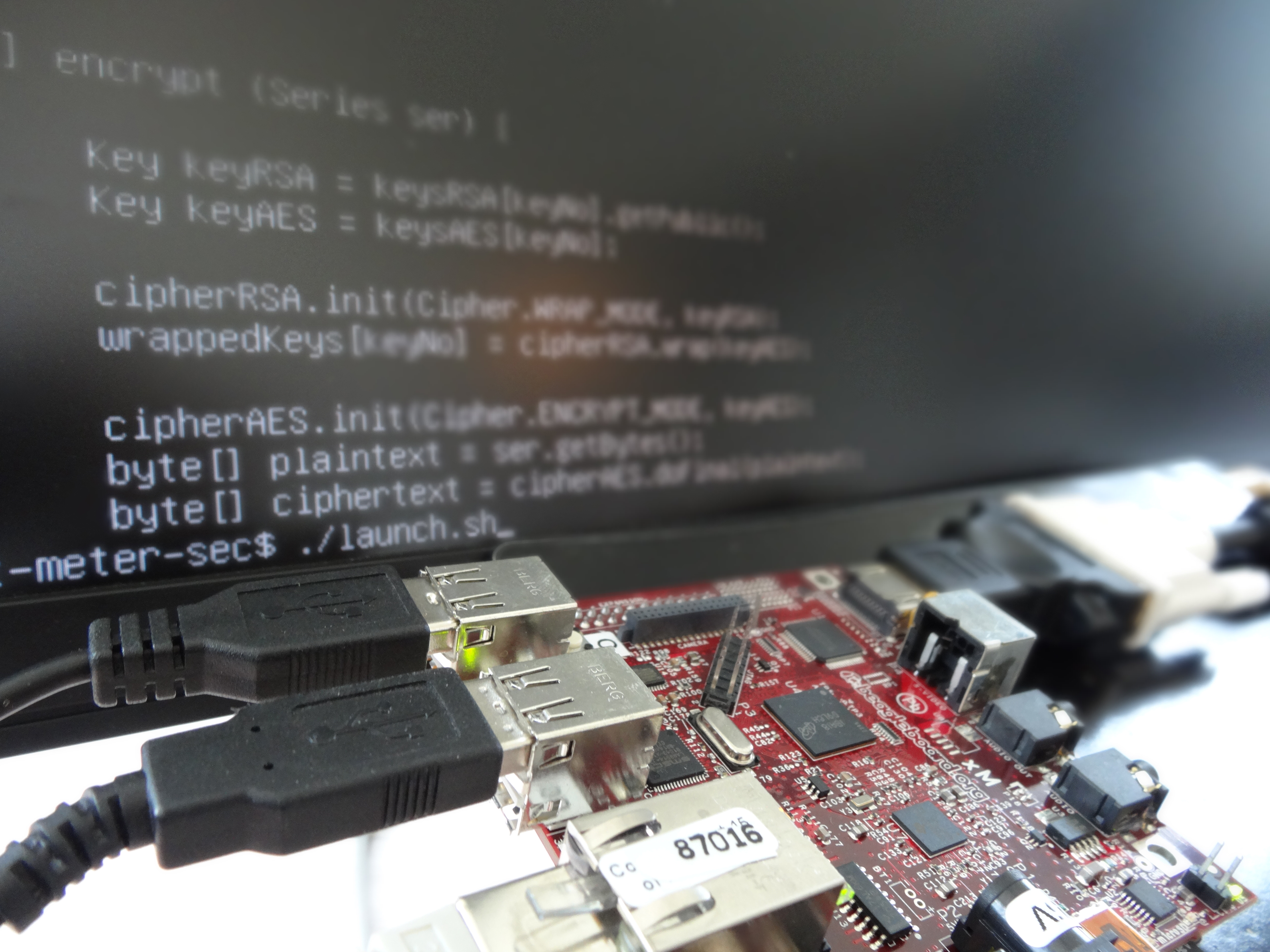JR Centre for User-centric Smart Grid Privacy, Security and Control
Head of research unit
Commercial Partner
Duration
Thematic Cluster


Intelligent power grids or smart grids are the energy networks of the future. For private households, privacy protection, security against external interference and the greatest possible control are important. Technical solutions for this are the aim of this research group.
Intelligent electricity grids or smart grids utilise modern information and communication technologies to regulate the generation, distribution, storage and consumption of electricity. Smart grids enable the integration of renewable energies into the electricity grids, but also the reduction of energy consumption through the coordination of production and consumption, as well as the spread of electromobility and the automation of the home ("smart homes").
However, as with all information and communication technology applications, security concerns must be taken seriously:
- Is privacy sufficiently protected, is the data on personal electricity consumption sufficiently anonymised and encrypted?
- Is the protection against external intrusion (hackers) sufficient?
- Can customers exercise sufficient control over your applications and the measurement of their data?
This is where the Josef Ressel Centre comes in: Smart grids will only become established if they are accepted by users. This requires visible and trustworthy measures to ensure data protection, data security and user control.
The focus of research here is on technical solutions: Mechanisms, processes, algorithms - computer programmes in the broadest sense. Legal and social aspects are taken into account where necessary, and evaluation is also carried out by social scientists.
The aim is to develop a comprehensive "trust package" for the end users of smart grids. Privacy, data security and control are initially to be ensured for three components of smart grids:
Smart meters, i.e. intelligent measuring devices that measure end users' electricity consumption and provide information on how much electricity is needed and when.
Coordination of electricity consumption and production, i.e. those components of the network that enable the electric car to be charged when the wind is blowing in northern Germany.
Health monitoring, which can be used, for example, to trigger an alarm if no light is switched on in an elderly person's home for an extended period of time.
In addition, general principles for privacy, data security and control will be developed for users of smart grids.
The results of the research work are applied in pilot projects of the company partners, in particular the Smart Grid Model Region Salzburg, and can thus be evaluated and subsequently further developed.
Smart grids are an essential part of the energy transition and their development is in line with the political will across the EU and nationally. It is therefore of great economic importance for electricity suppliers to adapt to future requirements and gain the acceptance of their customers for the new technology.

Christian Doppler Forschungsgesellschaft
Boltzmanngasse 20/1/3 | 1090 Wien | Tel: +43 1 5042205 | Fax: +43 1 5042205-20 | office@cdg.ac.at

